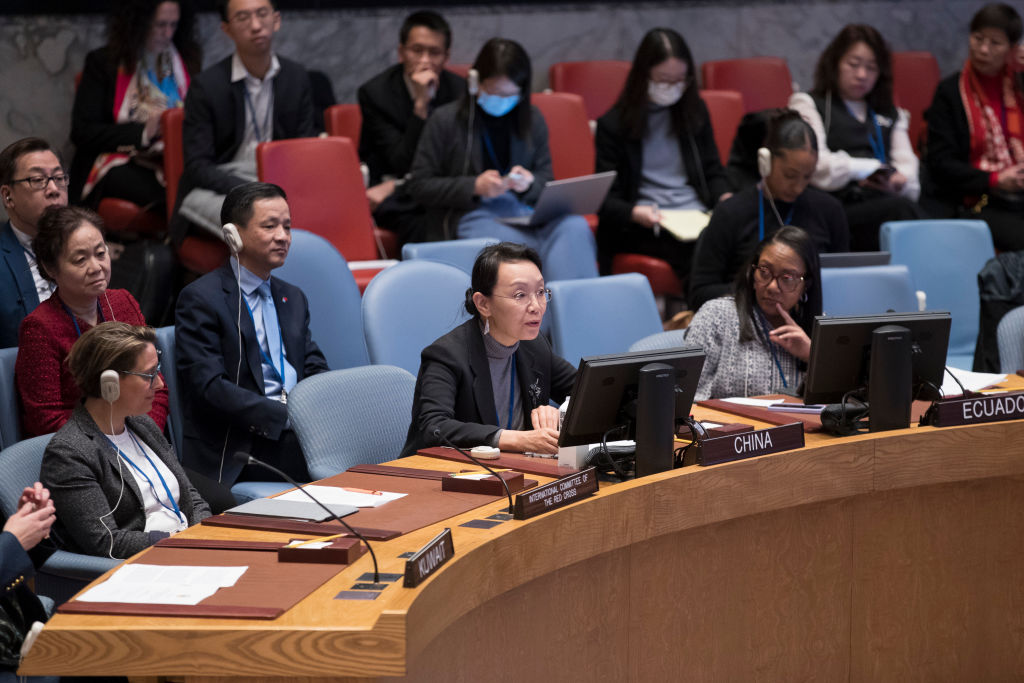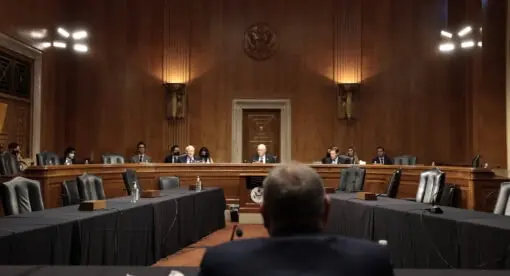Download the policy report here
Executive Summary
The Women, Peace, and Security (WPS) agenda, codified through United Nations Security Council Resolution 1325, is missing from the United States’ discourse on strategic competition in myriad ways, but its inclusion will be vital for effective integrated deterrence. The U.S. has played an active role in leading WPS issues globally. It has developed national action plans, legislation, national strategies, and institutionally specific implementation plans across four agencies: the Department of Defense, the Department of State, the U.S. Agency for International Development, and the Department of Homeland Security. Despite these initiatives, however, the WPS agenda remains sidelined and siloed from more critical national strategies such as the national security strategy and the national defense strategy, as well as from professional military education.
In recent years, the U.S. has been increasingly focusing on the overarching goals of strategic competition and integrated deterrence, and including the WPS agenda will be vital to achieving those goals. Strategic competition is interpreted in a variety of ways within the U.S. government. However, in comments made at the Baltic Military Conference in 2021, Department of Defense (DOD) then-Undersecretary Colin Kahl defined an important component of integrated deterrence to be “working alongside our allies and partners to advance common interests and shared values.” WPS can provide crucial additional perspectives and approaches to this work, so institutionalizing the WPS agenda within strategic competition and integrated deterrence is a low-cost, high-reward value-add for the department.
Anonymous interviews with 63 individuals across the U.S. government, civil society, and academia demonstrate why WPS inclusion matters and elucidate some of the challenges to its integration. The U.S. Indo-Pacific Combatant Command’s WPS work serves as a case study for why WPS is vital for building regional resilience and maintaining free and open societies.
Key Recommendations:
■ Increase hiring across all levels. Having WPS expertise in civil society, as contractors, and within and across the military is fundamental for the sustainable and effective implementation of the WPS agenda.
■ Incorporate the WPS agenda into all forthcoming DOD and national security strategies. This will showcase the administration’s and the secretary of defense’s commitment to this agenda and falls in line with the expectations set by the Women, Peace, and Security Act of 2017.
■ Mainstream the WPS agenda and gender analysis skills into professional military education. This will allow for a broader reach of knowledge across various military specialties. Mandating additional training using the existing two-hour WPS Joint Knowledge Online courses is a way to reach a wider audience in the meantime.
■ Increase funding for the WPS agenda. This is essential for the long-term success of current WPS programming and creative growth in this space.
■ The WPS agenda in the U.S. is still in its nascent stages of implementation, and additional research is important for the future of the agenda. Such research could focus on topics such as a feminist analysis of statecraft in the Indo-Pacific region, women’s economic empowerment as a means of positive and
sustainable peace, a gendered lens on climate resilience, and mainstreaming gender analysis into departmental trainings and initiatives.






